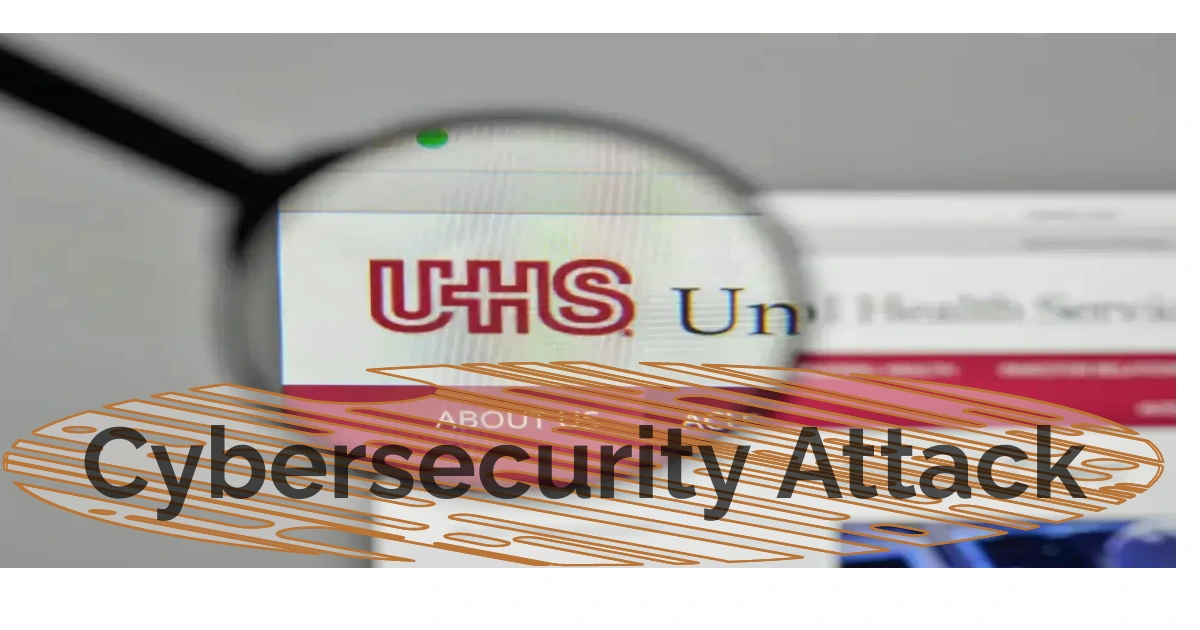Safeguarding the Healthcare Industry: Addressing Recent Cyber Attacks
The healthcare industry is increasingly vulnerable to cyber-attacks, which can have severe repercussions for patient safety, data privacy, and the operational integrity of healthcare organizations. Recent incidents underscore the urgent need for proactive measures to address the unique risks faced by the industry.
The rising threat landscape for the healthcare industry has become an attractive target for cybercriminals, given the vast amount of valuable patient data it holds. The breach at Tallahassee Memorial Healthcare, where patient data was stolen, exemplifies the severity of the threat. Attackers exploit vulnerabilities in healthcare systems to gain unauthorized access and exploit sensitive information, leading to financial loss, reputational damage, and potential patient.
Data breaches in the healthcare sector can have far-reaching consequences. Stolen patient data can be used for various malicious purposes, including identity theft, insurance fraud, and targeted individual attacks. The compromised data often includes personal identifiable information (PII), medical records, social security numbers, and financial details. Breaches can also disrupt critical healthcare operations, hindering patient care, causing delays, and sometimes compromising patient safety.
Healthcare organizations face significant legal and regulatory obligations to protect patient data. Failure to meet these requirements can result in severe penalties, including financial sanctions and legal action. The Health Insurance Portability and Accountability Act (HIPAA) imposes strict data security, privacy, and breach notification standards in the healthcare sector. Violations can lead to hefty fines and damage the reputation and trust of the affected organization.
The increasing connectivity of medical devices and the Internet of Things (IoT) pose additional risks to the healthcare industry. Cyber-attacks targeting medical devices can compromise patient safety and disrupt healthcare delivery. The potential consequences range from unauthorized access to device malfunctions, alteration of medical records, or even life-threatening situations. Ensuring the security of these devices is crucial to protect patient well-being.
As the healthcare industry faces escalating cyber threats, it is imperative to explore the range of cybersecurity solutions available to safeguard sensitive information and ensure the integrity of healthcare operations. Below outlines several key solutions that can be implemented to protect information within the healthcare industry.

Robust Network Security:
- Implementing strong network security measures is essential to defend against cyber-attacks. This includes deploying firewalls, intrusion detection and prevention systems, and secure network segmentation. By isolating critical systems from the broader network, healthcare organizations can minimize the potential impact of breaches and limit unauthorized access to sensitive data.
Encryption and Data Protection:
- Strong encryption techniques are crucial to protect patient data in transit and at rest. Data encryption transforms sensitive information into unreadable formats, making it significantly more challenging for unauthorized individuals to decipher. Implementing encryption across all data storage and transmission channels, including databases, emails, and mobile devices, adds an extra layer of protection to patient information.
Endpoint Security:
- Securing endpoints like laptops, desktops, and mobile devices is essential in the healthcare industry. Implementing advanced endpoint security solutions, including antivirus software, intrusion detection, and data loss prevention tools, can detect and prevent malware infections, unauthorized access attempts, and data breaches. Endpoint security also enables remote monitoring and management, ensuring that devices are updated with the latest security patches.
Access Control and Authentication:
- Implementing strong access control mechanisms and multi-factor authentication protocols is crucial to limit unauthorized access to sensitive systems and data. Healthcare organizations should adopt robust identity and access management solutions that enforce strong password policies, provide privileged access management, and utilize biometric or token-based authentication methods. This ensures that only authorized personnel can access critical information.
Employee Training and Awareness:
- Human error remains a significant factor in cyber-attacks. Regular employee training programs and awareness campaigns are essential to educating healthcare staff about the latest cybersecurity threats, best practices for data protection, and how to identify and report suspicious activities. Healthcare organizations should cultivate a security-conscious culture, emphasizing the importance of following protocols and remaining vigilant against social engineering techniques, such as phishing attacks.
Incident Response and Disaster Recovery:
- Preparation for cyber incidents is essential in mitigating their impact. Healthcare organizations should develop robust incident response plans that outline procedures for identifying, responding to, and recovering from cybersecurity incidents. This includes establishing communication channels, engaging relevant stakeholders, preserving evidence, and implementing data backup and recovery strategies to minimize downtime and ensure business continuity.
Security Assessment and Auditing:
- Regular security assessments and audits are vital to identify vulnerabilities and proactively address potential security gaps. Conducting comprehensive risk assessments, penetration testing, and vulnerability scanning enables healthcare organizations to identify weaknesses in their systems and take appropriate measures to rectify them. Regular audits help ensure compliance with industry standards and regulations, such as HIPAA.
DataGuard’s Guardian Absolute Program is a tailored cybersecurity solution designed to address the unique challenges faced by the healthcare industry. By providing advanced threat detection and prevention, endpoint protection, data encryption, access control, identity management, incident response and forensics capabilities, as well as compliance monitoring and reporting features, DataGuard Guardian Absolute empowers healthcare organizations to protect sensitive patient information and maintain regulatory compliance. Embracing today’s cutting-edge cybersecurity solutions is vital to ensure healthcare data’s confidentiality, integrity, and availability, fostering trust among patients and stakeholders in an increasingly digital healthcare landscape.
Cybersecurity doesn’t have to be a complex labyrinth that detracts from your main business operations. With DataGuard, we strip away the complexity, providing you with clear, efficient, and effective strategies to strengthen your digital defenses. Partner with DataGuard and empower your company with the expertise and tools needed to secure your operations and data, allowing you to focus on what you do best and experience cybersecurity without the complexity.
Back to Articles/Blog



